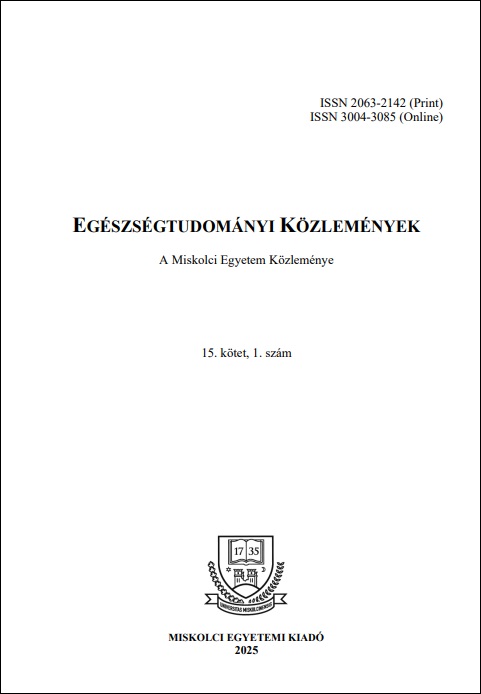Magyar
The effect of Home Office on perceived stress, anxiety and depression levels, and subjective sleep quality during the Covid-19 Pandemic
DOI:
https://doi.org/10.32967/etk.2025.001Keywords:
home office, perceived stress, sleep quality, sleep, depression, anxietyAbstract
Background: In recent years, home office has become an increasingly widespread form of employment, however, less is known about its impact on mental health. Therefore, the aim was to explore the effect of home office on perceived stress, sleep quality, depression and anxiety during COVID-19.
Methods: The study involved 154 participants divided into two groups based on their work setting before completing the survey. The home office group included 83 individuals (mean age: 38.82 years, SD = ± 5.68; 60 women/23 men), while the onsite work group consisted of 71 individuals (mean age: 40.44 years, SD = ± 5.75; 47 women/24 men). Participants completed online questionnaires measuring perceived stress, subjective sleep quality, depression, and anxiety levels.
Results: Participants working remotely reported higher levels of perceived stress at a trend level (p = 0.056) compared to those working onsite. Remote workers also reported significantly poorer sleep quality, including subjective sleep quality and sleep latency (p = 0.018). No significant differences were found between the groups regarding depression (p = 0.250), state anxiety (p = 0.178), or trait anxiety (p = 0.264). However, subjective sleep quality was associated with levels of depression and anxiety (p < 0.001).
Conclusions: home office might also have negative impact such as higher level of perceived stress and lower sleep quality.

